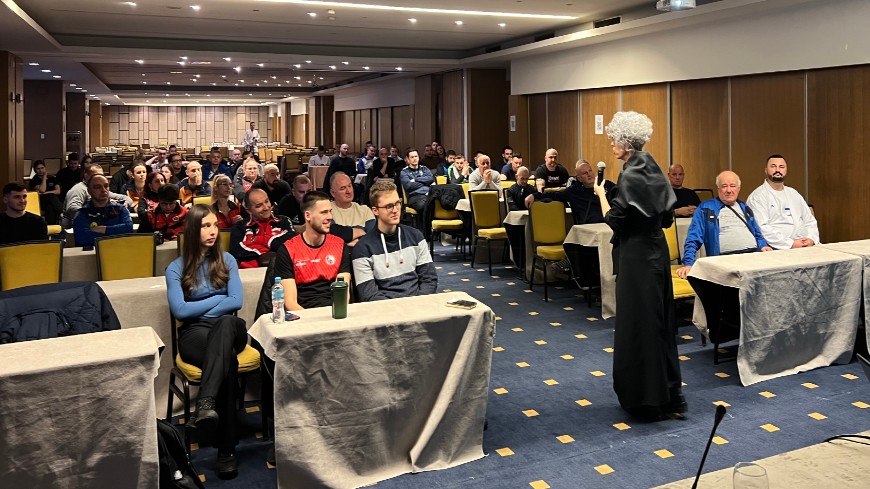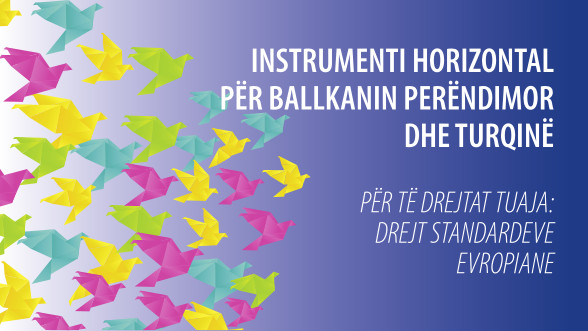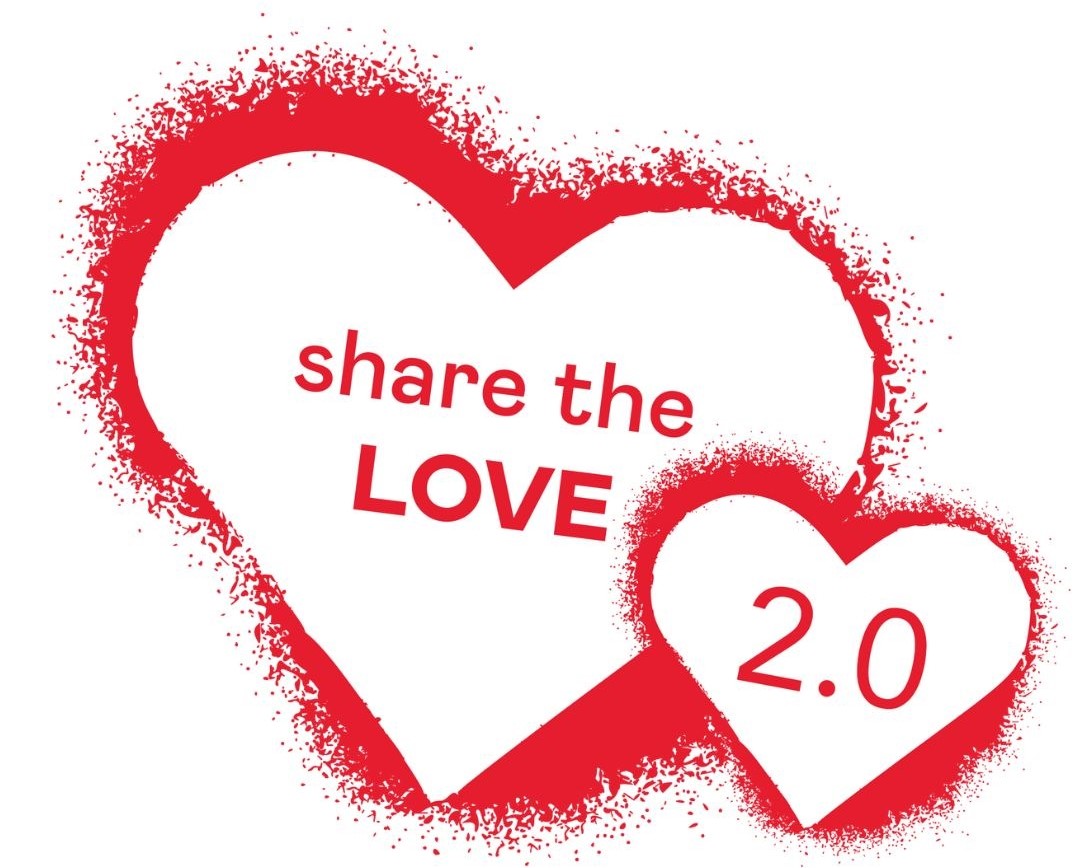Inclusive sports provide a platform where people can come together in a spirit of mutual respect, no matter their respective abilities, gender, ethnic or religious background, colour, sexual orientation, etc. By embracing diversity, sports challenges stereotypes and prejudices, fostering a culture of acceptance and mutual understanding. Ultimately, this will be creating a hatred-free environment, contributing to societal cohesion and reconciliation.
The European Union and the Council of Europe supported the Winter Karate seminar organised by the Karate Federation of Bosnia and Herzegovina, held in Sarajevo on 26 – 27 January. 224 trainers and youth, coming from 96 different Karate teams from the Federation of Bosnia and Herzegovina, raised their awareness about the importance of inclusion and diversity in sports and the negative effects of hate speech and peer violence.
Sport trainers who were present at the seminar, expressed their gratitude for the possibility to discuss these topics and proposed ideas on their plans to work on upholding diversity and inclusion within their teams.
The gained knowledge will also contribute to fighting intolerance and hatred in line with the General policy recommendation 12 on combating racism and racial discrimination in the field of sports, from the Council of Europe’s European Commission against Racism and Intolerance (ECRI). Thereby, ECRI observed that racism and racial discrimination in sports manifests themselves in many different forms. Therefore, more hidden forms of racism and racial discrimination in sports stay under the radar, such as remarks made, for example, by athletes, coaches, or club managers.
This discussion was organised with the support of the action "Towards an equal, inclusive and tolerant Bosnia and Herzegovina", which is implemented within the framework of the joint programme of the European Union and the Council of Europe "Horizontal Facility for the Western Balkans and Türkiye".



